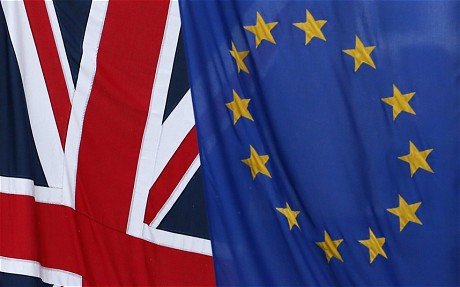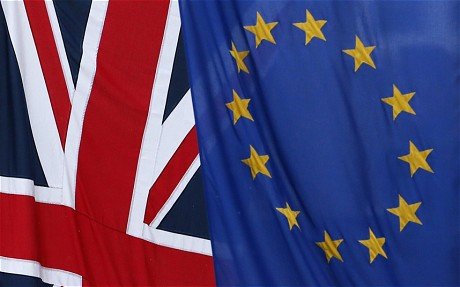
In association with Bro Don Pearce (Rugby UK) Keep up to date with Bro Don’s Snippets – Email Don at [email protected] Just put in the subject line ‘Snippets Request’ state if you would prefer word doc or pdf format. ( If not stated, both will be sent as samples so you can decide) It’s that easy! Below is an extract from today’s 18th Mar which covers (11-15th Mar 2016)
Brexit will allow Britain to embrace the Commonwealth
Daily Telegraph 15-Feb-16
The EU referendum gives Britain a chance to become internationalist and a self-governing trading nation by voting to leave
Today is Commonwealth day and we should reflect on how Britain’s continuing membership of the EU is holding the nation back from fostering stronger trading links with Commonwealth countries, many of which are growing at a faster rate than EU economies.
The EU may be the world’s largest market but it’s also the world’s only declining trade bloc and its collapsing share of global GDP and sluggish growth rates have reduced its significance.
A key argument often put forward in support of our continued EU membership is that the EU fosters mutual trading relations between EU members.
Recent figures from the Official of National Statistics show that argument to be fundamentally flawed as we now export more to countries outside of Europe than to countries inside Europe.
The statistics show that sales of British goods to the EU fell 8 per cent to a six-year low of just £134 billion in 2015 – £31 billion less than in 2011 and exports to non-EU countries were up more than 2 per cent to £151 billion. Britain now has a record high trade deficit in goods with the EU of £8.1bn.
As growth rates in the EU continue to stagnate, many economies in the Commonwealth and wider Anglosphere are booming.
In 2013, according to world economics, the Commonwealth economy overtook the eurozone’s, and the IMF forecasts that by 2019 the Commonwealth will have overtaken the EU contributing 17.7 per cent to the world’s output compared with the EU’s 15.3 per cent. The Commonwealth also has far more favourable demographic figures.
India, which is a member of the Commonwealth and a rising economic giant, grew at an average rate of 7.5 per cent in 2015.
Membership of the EU stops Britain from being able to negotiate its own bilateral free trade deal with India.
Negotiations between India and the EU on a free trade deal have been ongoing for the past seven years, and this extraordinary delay is no doubt due in part to the bureaucratic and archaic nature of the EU’s decision making process.
Free market economics was pioneered by Anglo-Saxons and economic freedom has been proven to facilitate economic growth, development, prosperity and freedom, which alleviates poverty and creates more equality of opportunity.
Continued membership of the EU means that Britain must remain shackled to its protectionist and anti-competitive economic regime which is often described as being corporatist.
 The Common Agricultural Policy is one such protectionist measure which distorts competition and is having a devastating impact on agriculture and economic growth in Africa.
The Common Agricultural Policy is one such protectionist measure which distorts competition and is having a devastating impact on agriculture and economic growth in Africa.
The policy keeps food prices in Britain high and the excess and subsidised cheap produce is being dumped on African markets.
African farmers are unable to compete, and high EU tariff barriers on African exports are stopping the continent from trading its way out of poverty thus leaving many African countries trapped in a vicious cycle of poverty and the continent dependant on aid.
The EU gives large sums of aid to Africa whilst simultaneously enforcing punishing and prohibitive trade practises which are stifling growth and innovation.
Sam Akai, Director of Democratic Institutions for Poverty Reduction in Africa argues that “the European Union is an ongoing disaster for Africa” and that “no other continent bloc administers a more comprehensive trade protection against Africa than the European Union”
The EU has only one free trade agreement on the African continent which is with South Africa, and leaving the EU would allow Britain to rekindle and re-engage with independent Commonwealth countries, and strike fairer trade deals which would better reflect Britain’s role as a leading pioneer of free market enterprise. Africa needs trade not aid.
Also Britain’s immigration policy now discriminates against Commonwealth citizens in favour of EU migrants, many of whom have no links to Britain.
The Commonwealth and Britain have a shared history, cultural links, common legal systems, business practices, and much more.
Membership of the EU is forcing Britain to become more insular and regional, and a vote to leave the EU would allow Britain to become internationalist and a reinvigorated, self-governing, global trading nation.

